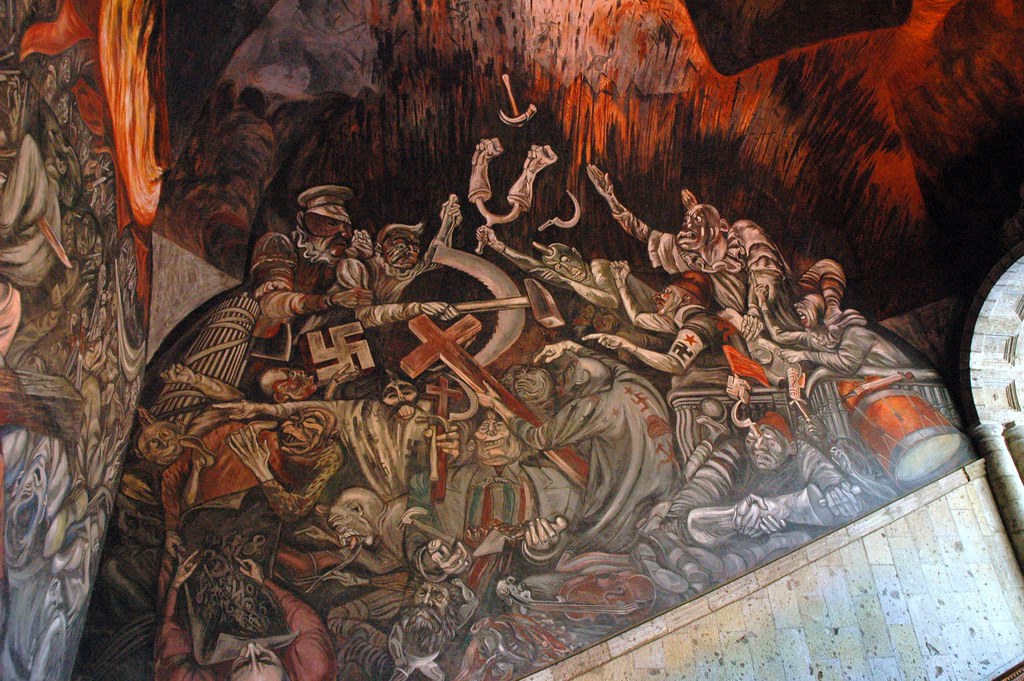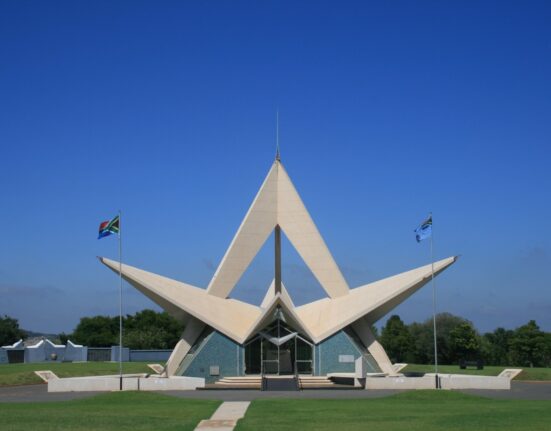Political landscapes are abuzz with discussions and negotiations as the 2023 presidential election approaches. One key player, Boniface Aniebonam, Founder and Chairman of the New Nigeria Peoples Party (NNPP), sheds light on the intricacies of coalition-building and the role of former presidential candidates in shaping political alliances.
Aniebonam emphasizes that while individual candidates may garner attention, it is crucial to remember that they emerge from political parties. He states,
“We do not have individual candidacy in Nigeria…it is the parties that determine who will be their flag bearer.”
This underscores the importance of party leadership in decision-making processes.
In a dynamic political environment where alliances can make or break electoral outcomes, Aniebonam highlights the significance of involving party leaders in merger talks. He notes,
“The ongoing meetings and negotiations here and there cannot make valid meanings if they fail to carry the leadership of their various political parties along.”
This insight reflects the complex interplay between personal ambitions and party dynamics.
Moreover, Aniebonam raises concerns about presumptions surrounding coalition agreements. He points out that members and leaders hold ownership of their respective parties, making it essential to secure their support for any collaborative efforts. He states,
“It is inappropriate to assume that when they enter their coalition, the members will automatically agree with the idea.”
The uncertainties inherent in electoral processes add another layer of complexity to coalition discussions. Aniebonam underscores this by highlighting potential scenarios where parties may opt for different candidates during primaries or even endorse an incumbent president for re-election. Such fluidity challenges the notion of preconceived coalition claims.
Furthermore, Aniebonam clarifies post-election dynamics by asserting that unsuccessful presidential candidates cease to hold leadership positions within their parties. This distinction between formal leaders in power and former contenders illuminates how authority shifts following election results.
Looking ahead to future elections, Aniebonam hints at possible strategies for NNPP’s engagement with like-minded political entities. He mentions a potential technical alliance with sister parties sharing similar ideologies in 2027 if deemed necessary—a strategic move aimed at maximizing collective strengths for electoral gains.
In a landscape marked by evolving alliances and shifting loyalties, these insights offer valuable perspectives on navigating Nigeria’s intricate political terrain. As stakeholders continue to strategize and negotiate ahead of upcoming elections, understanding the nuanced dynamics at play becomes increasingly crucial for shaping impactful coalitions.
Ultimately, Aniebonam’s reflections underscore the intricate web of relationships, interests, and power dynamics that define Nigeria’s political ecosystem—a tapestry where every thread woven contributes to shaping its vibrant democratic fabric.









Leave feedback about this